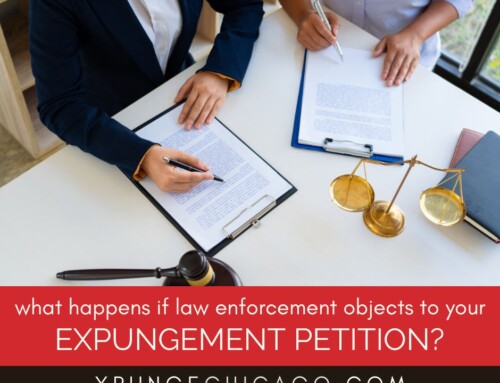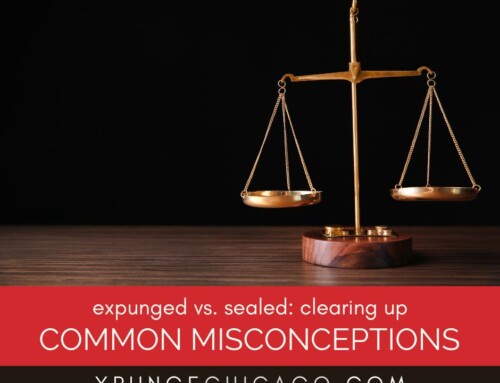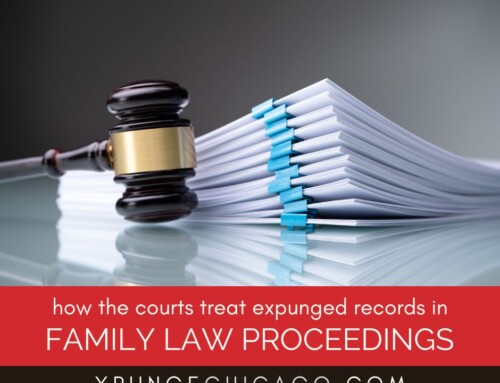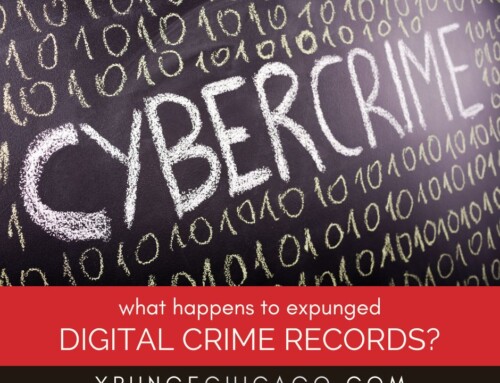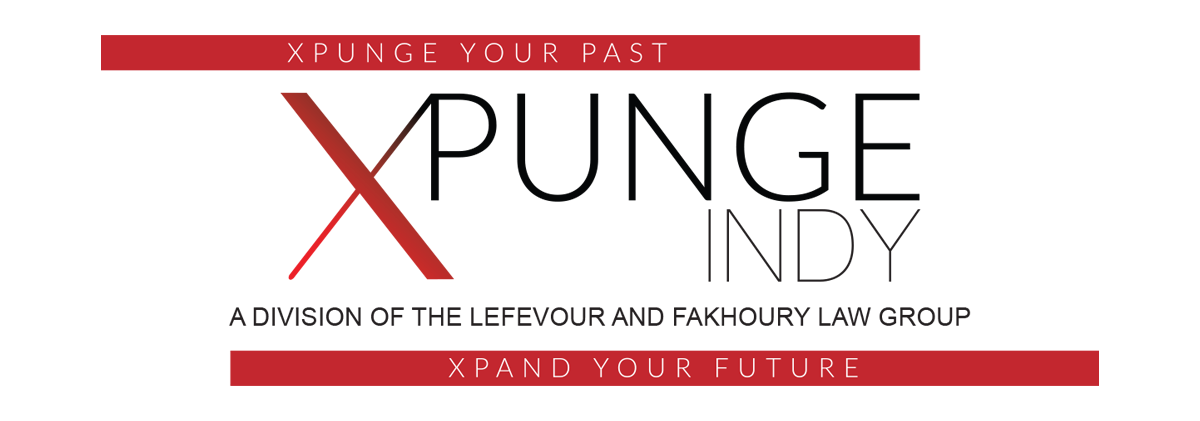
Understanding your rights after expunging or sealing your criminal record is crucial, particularly when you’re job hunting. You’re likely wondering whether you need to disclose your expunged record to potential employers. This guide is here to help you understand the intricacies involved and help you move forward in Illinois.
Do You Have to Tell Employers About Your Criminal Record if It’s Expunged?
Here’s what you’ll find in this guide:
- What expungement means and its impact
- Disclosure rules for expunged records in Illinois
- The job application process after expungement
- When you may need to disclose your expunged record
- How an expungement lawyer can help
Now, let’s take a closer look at each topic.
What Expungement Means and Its Impact
Expungement essentially erases your criminal record. After successful expungement, your record isn’t just sealed or hidden, it’s as if the crime never occurred in the eyes of the law. This can have a significant positive impact on your life, including when you’re job hunting.
Related: Can you expunge juvenile records in Illinois?
Disclosure Rules for Expunged Records in Illinois
In Illinois, if your record has been expunged, you usually don’t need to disclose it to potential employers. Under most circumstances, you can legally answer “No” if asked whether you have a criminal record.
The Job Application Process After Expungement
You might breathe a sigh of relief after expungement, knowing that your criminal record is no longer a barrier in your job hunt. However, understanding your rights and the nuances of job applications post-expungement is essential to navigate this process smoothly.
Related: Expungement to improve your job opportunities
When You May Need to Disclose Your Expunged Record
While typically you don’t have to disclose your expunged record, there are exceptions. For example, if you’re applying for certain state licenses, a job in law enforcement, or some types of government positions, disclosure may be required.
How an Expungement Lawyer Can Help
An expungement lawyer can guide you through the legal process, help you understand your rights, and advise you on disclosure requirements. Their expertise can be instrumental in helping you start fresh.
FAQ About Expunged Records and Employment
Check out these commonly asked questions about expunged records and employment. If you don’t see the answers here, please call our office and we’ll get you the information you need.
What’s the difference between expungement and sealing?
Expungement means your record is erased completely, while sealing hides your record from most public databases.
Related: Misconceptions about expungement in Illinois
Can an employer find out about my expunged record?
Generally, employers can’t access or inquire about expunged records. However, certain government agencies and law enforcement may have access under specific circumstances.
Can I get fired for not disclosing an expunged record?
In most cases, you can’t be fired for not disclosing an expunged or sealed record in Illinois. If you face such a situation, it’s advisable to consult with an attorney.
Does expungement affect all kinds of crimes?
Not all crimes can be expunged. It often depends on the nature of the crime, the time passed since the conviction, and your behavior since then.
Having your criminal record expunged can open up new opportunities and offer you a clean slate. Remember that you typically don’t need to disclose an expunged record to potential employers in Illinois. However, there are exceptions, and having an expungement lawyer on your side can help you navigate this terrain confidently.
Related: Clearing your criminal record in Chicago
Do You Need to Talk to an Attorney About Expungement or Sealing?
If you’re tired of your criminal past coming back to bite you, we may be able to help. Call us right now at 847-920-4540 or fill out the form below so we can talk about your case.
Oops! We could not locate your form.





